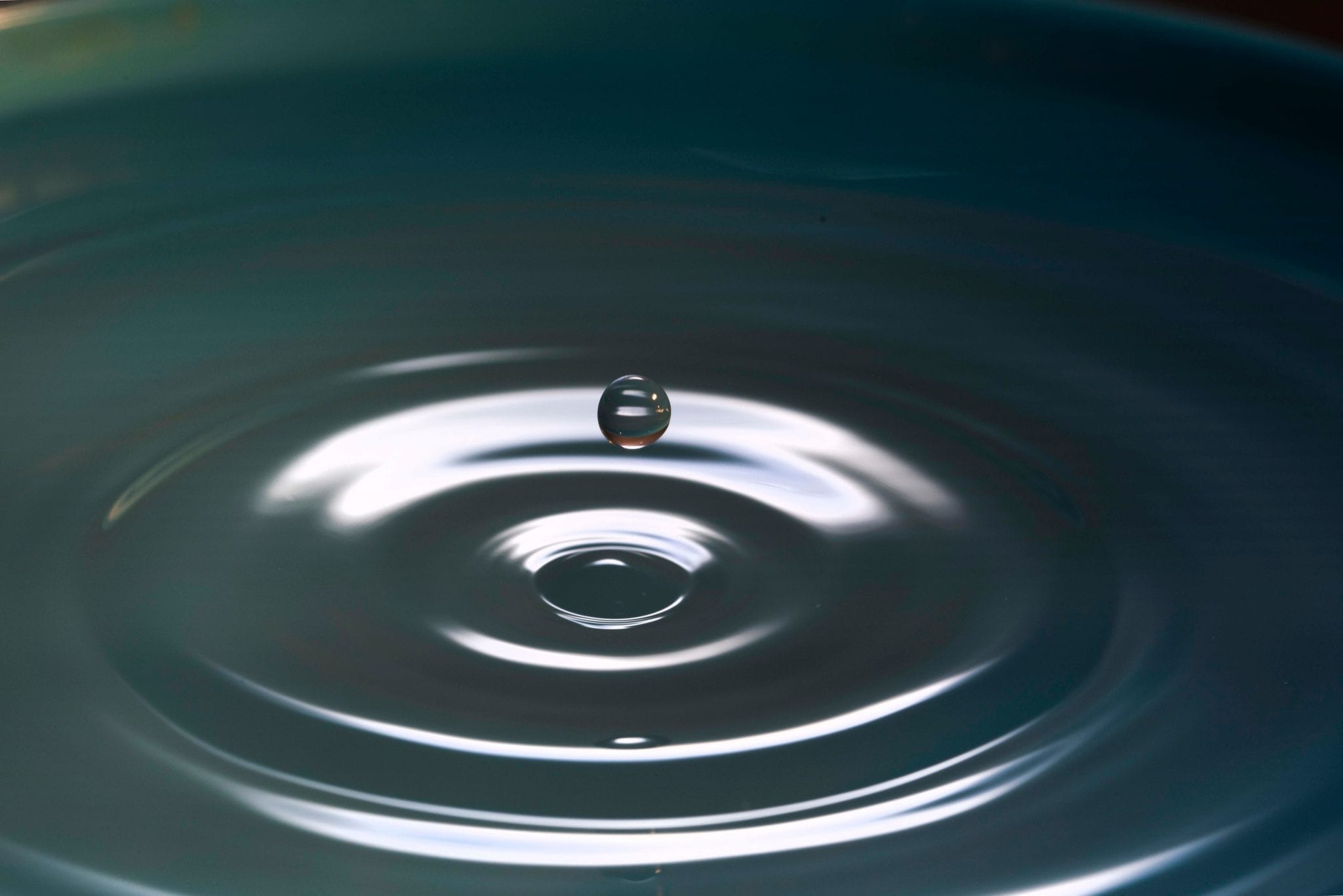Minnesota Settles with 3M, Water Clean Up Ahead
An $850 million settlement between the state of Minnesota, brought about by Minnesota Attorney General Lori Swanson, and 3M over contaminated groundwater may finally enable 150,000 residents of Washington County to have clean, safe drinking water. There has been discussion around a new water treatment plant which would hook residents up to municipal water instead of wells.
However, the chemicals that 3M leaked, which led to ground contamination will be present for the foreseeable future, making efforts to clean up the area limited. This means toxic groundwater will continue to flow into the area’s waterways, polluting wildlife for miles.
“We have to live with this, and it is forever,” Rep. Rick Hansen, DFL-South St. Paul, said at a recent hearing. “I’m disappointed this did not go to trial. We could have aired all this out.”
“I wish 3M had been accountable for more than just $850 million,” echoed Gary Paulson, one of a few area residents who filed an unsuccessful lawsuit against 3M years ago requesting clean up efforts. “But I hope they use it in the right manner and don’t just throw it away.”

The legal settlement includes $720 million for drinking water in the affected communities: Woodbury, Oakdale, Lake Elmo, Cottage Grove, St. Paul Park, Afton, Newport and the townships of West Lakeland and Grey Cloud Island. The deal will also help nearly 500 homeowners who have private wells. Once the funds have been allocated sufficiently toward these efforts, the remainder will be used to remove the chemicals, known as PFCs, through efforts such as wilderness conservation, open lands, new fishing docks, and wildlife habitat.
3M has long denied that its employees and executives knew the health and environmental risks of PFCs before it agreed to stop producing them in 2000. “We are proud of our record of environmental stewardship, and while we do not believe there is a PFC-related public health issue, 3M will work with the State on these important projects,” said John Banovetz, a 3M senior vice president. However, stacks of documents were produced which indicated that the company had known of the hazard for some time before discontinuing PFC used. Minnesota’s case was just one of many 3M faces nationwide.
City administrators such as Cottage Grove’s Charlene Stevens, said the agreement finally “opens a path forward.” Cottage Grove, which had been able to meet the earlier standards with regard to the safety of its groundwater, was forced to shut down contaminated wells while it erected a couple of pole barns, rented some storage tanks from the state and installed carbon filtration systems so the sprinklers could turn on.
In Woodbury, five of 19 municipal wells are contaminated with PFCs. “Each one is a $2 million investment,” city engineer Klayton Eckles said. “Our system is crippled a little bit.”
But, Stevens said the entire region could be served by one large drinking water treatment plant.
Whitney Clark, executive director of Friends of the Mississippi, said extracting water from the Mississippi River at a point above the contaminated area for one or more communities would solve multiple problems. “If groundwater levels are falling, you are stealing water from your children and grandchildren,” Clark said. Getting the water at that point in the river “would be a more sustainable approach.”
It’s possible that river-bottom sediment could be dredged, environmental officials have said. But that could be extremely expensive and risky. And some level of PFC pollution will continue to enter the Mississippi as the groundwater flows in.
“There really isn’t a remedy for getting those chemicals out of the water,” John Linc Stine, commissioner of the Minnesota Pollution Control Agency (PCA), said.
All of those decisions will be made by the Department of Natural Resources and the PCA. They will implement their proposed resolutions to clean up the contamination under the guidance of a working group, which will be made up of local officials, drinking water experts, and a representative from 3M itself.
Sources:
Minnesota settlement with 3M may fix drinking water but not the environment
3M, Minnesota settle water pollution claims for $850 million


Join the conversation!